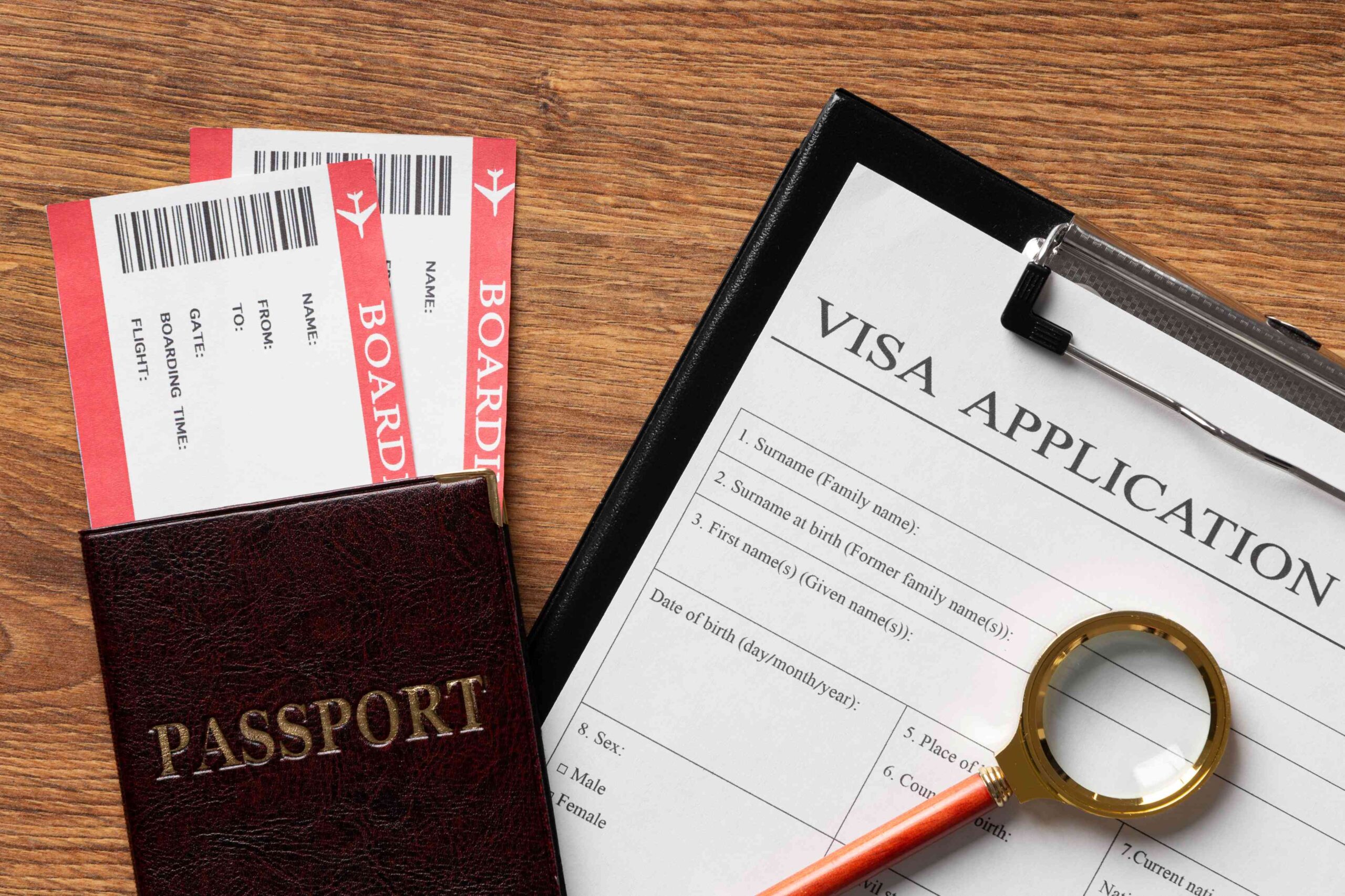Exploring Canada: A Guide for Greek and Thai Citizens

Canada, with its beautiful landscapes, cosmopolitan cities, and diverse cultural offerings, is a prime destination for travelers worldwide. Whether you’re planning a short trip to explore the urban landscapes of Toronto or the natural wonders of Banff, it’s important to understand the entry requirements to ensure a smooth journey. If you’re a Greek or Thai citizen, the entry procedures vary slightly, and it’s essential to familiarize yourself with the visa or Electronic Travel Authorization (eTA) process. This guide will help Greek and Thai travelers navigate Canada’s entry requirements.
Table of Contents
ToggleCanada Visa for Greek Citizens
As a member of the European Union, Greek citizens enjoy certain travel privileges, including visa-free travel to Canada for short stays. However, this exemption applies only to land or sea travel. If you’re planning to fly to Canada from Greece, you will need to apply for an Electronic Travel Authorization (eTA).
What is the eTA and How Do You Apply?
The eTA is an entry requirement for visa-exempt foreign nationals traveling to Canada by air. The application process is straightforward and can be completed online. Greek citizens can apply for the eTA if their trip is for tourism, business, or to visit family or friends.
To apply for an eTA:
- Eligibility: Greek citizens traveling to Canada by air for a short stay (up to 6 months) are eligible for the eTA. It is valid for both business and leisure purposes.
- Application Process: You can apply online by visiting the official Canadian immigration website. You will need a valid Greek passport, a credit card, and an email address. The online form is quick to fill out and typically takes only a few minutes.
- Processing Time: Most eTA applications are processed within minutes. However, it’s recommended to apply at least a few days in advance to ensure smooth processing.
- Duration: Once approved, the eTA is valid for up to 5 years, or until your passport expires. You can visit Canada multiple times within this period, with each stay lasting up to 6 months.
The introduction of the eTA has significantly simplified the travel process for Greek travelers. There’s no need to visit an embassy or submit physical documents—everything can be done online. For more details, visit Canada Visa for Greek Travelers.
Canada Visa for Thai Citizens
Unlike Greek citizens, Thai nationals do require a visa to travel to Canada. Thai citizens must apply for a Temporary Resident Visa (TRV) if they intend to visit Canada for tourism, business, or to visit family members. The TRV is the most common visa for short-term stays, and the application process involves several steps.
How to Apply for a Canada Visa as a Thai Citizen:
- Determine the Visa Type: If you’re traveling to Canada for a short visit (tourism, business, or family visits), the TRV is the appropriate visa. If you intend to study or work in Canada, you will need to apply for a study or work permit.
- Gather Required Documents: You’ll need a valid passport, proof of financial support (such as bank statements or pay stubs), a travel itinerary, and proof of ties to Thailand that demonstrate your intent to return after your visit. You may also need to provide biometric data (fingerprints and photos).
- Submit Your Application: The TRV application can be submitted online or through a Visa Application Centre (VAC) in Thailand. Be sure to apply well in advance, as processing times may take several weeks.
- Biometrics and Interview: In some cases, applicants are required to submit biometric data or attend an interview with Canadian immigration officials.
- Wait for Visa Decision: Once you submit your application, Canadian authorities will review your documents and make a decision. If approved, you’ll receive your visa, which will allow you to travel to Canada for the specified duration.
Processing times for the TRV can vary, so it’s always a good idea to plan ahead. For detailed information on the TRV process and requirements for Thai citizens, visit Canada Visa for Thai Citizens.
Key Differences Between Greek and Thai Entry Requirements
- Visa Exemption: Greek citizens enjoy visa-free entry to Canada for land or sea travel. However, they must apply for an eTA when traveling by air. In contrast, Thai citizens are not visa-exempt and must apply for a Temporary Resident Visa (TRV) for any short-term visits to Canada.
- Application Process: Greek citizens can complete the eTA application online in a few minutes, while Thai citizens must go through a more involved process, including submitting documents, providing biometrics, and waiting for the approval of their TRV.
- Travel Duration: Both the eTA and the TRV allow stays of up to six months, but the TRV is required for all visits by Thai citizens, whereas Greek citizens only need the eTA when traveling by air.
Tips for Both Greek and Thai Travelers
- Apply Early: Visa and eTA processing times can vary, so make sure to apply well in advance to avoid any last-minute issues. The earlier you apply, the better your chances of a smooth approval process.
- Check Passport Validity: Make sure your passport is valid for at least six months beyond your intended stay in Canada. This is a requirement for both the eTA and the TRV application.
- Gather All Documents: Whether you’re applying for an eTA or a TRV, ensure that you have all the required documents in order. Missing documents can delay the application process.
- Follow the Rules: Respect Canada’s immigration rules, including your allowed duration of stay. Overstaying your visa or eTA can affect your ability to visit Canada in the future.
Conclusion
Canada is a wonderful destination, and both Greek and Thai citizens can explore the country with the appropriate travel authorization. Greek travelers can easily obtain an eTA for air travel, while Thai citizens must apply for a Temporary Resident Visa (TRV) for their visit. Understanding the requirements for your specific nationality and applying ahead of time will ensure a smooth and enjoyable trip.



